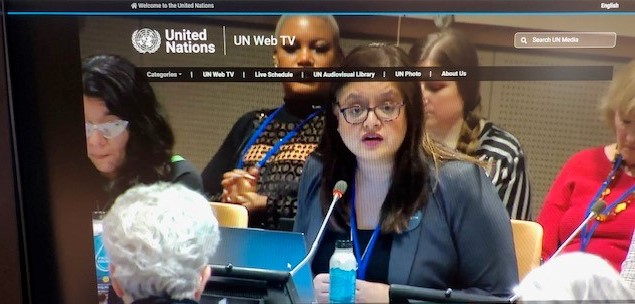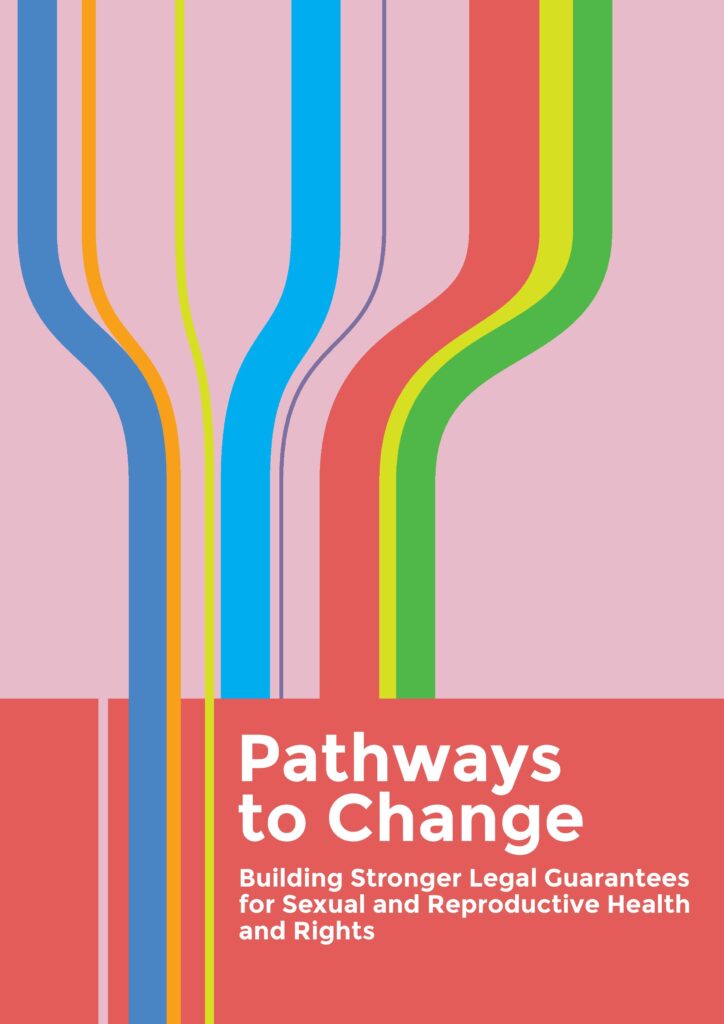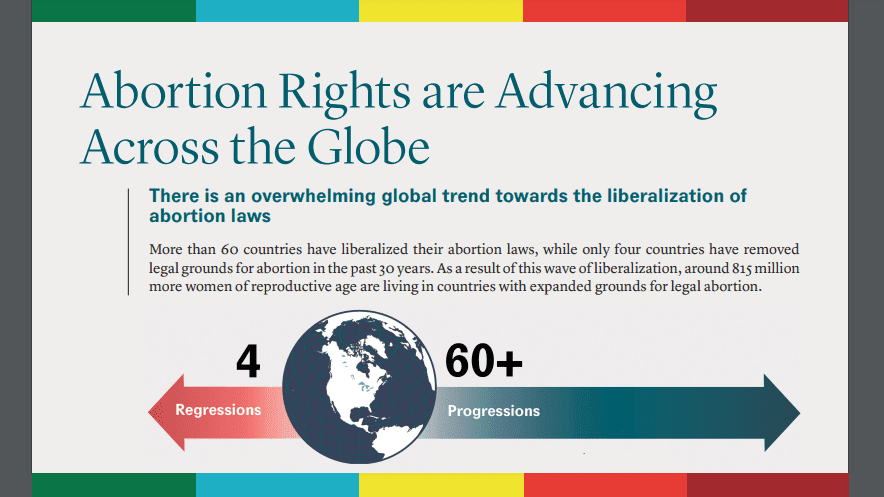Advancing Gender Equality and Women and Girls’ Rights · March 11–22, 2024
Meet the Center for Reproductive Rights at the 68th Session of the UN Commission on the Status of Women (CSW), a global gathering being held March 11–22 at UN Headquarters in New York.
Center leaders will join representatives from UN Member States, UN entities, and civil society organizations to examine critical issues impacting gender equality and the rights of women and girls in all their diversity. This year’s session will focus on addressing poverty and strengthening institutions and financing with a gender perspective.
Sexual and reproductive health and rights (SRHR) are essential to the empowerment of women and girls, and at several sessions, Center leaders will share their expertise about the critical importance of respecting, protecting and fulfilling SRHR to address poverty and advance gender equality.
About the UN Commission on the Status of Women (CSW)
CSW is the principal intergovernmental body dedicated to gender equality and the empowerment of women. Each year, the CSW brings together government ministers, NGOs, advocates, and UN delegates for two weeks of meetings to advance gender equality and women’s rights.
See Center leaders from Latin America, Europe, Africa and the U.S. at the events listed below. (Events are in person unless otherwise noted.)
Tuesday, March 12
The Impacts of Poverty and Criminalization on Access to Abortion
March 12, 11:30 a.m.–12:45 p.m. ET • Venue: UN Headquarters, CR-12, or online
At this side event, you’ll hear from cross-regional and intersectional speakers on the critical importance of addressing structural barriers to bodily autonomy and reproductive freedom—including through the decriminalization of abortion—to address the cycle of poverty with the aim of achieving gender equality. The event is organized by the Center for Reproductive Rights and co-sponsored by the permanent missions of Luxembourg, Colombia, and Canada.
Moderator: Rachana Desai Martin, Chief Government and External Relations Officer, Center for Reproductive Rights

Rachana Desai Martin, Chief Government and External Relations Officer
Panelists:
-
Claire Padilla, Executive Director, EnGendeRights, Philippines
-
Justyna Wydrzyńska, Abortion Dream Team, Poland
-
Mariana Moisa, Agrupación Ciudadana por la Despenalización del Aborto, El Salvador
-
Salima Namusobya, Vice President, Africa, Center for Reproductive Rights
-
Nia Mitchell, Policy and Research Center at Reproductive Health Impact, United States
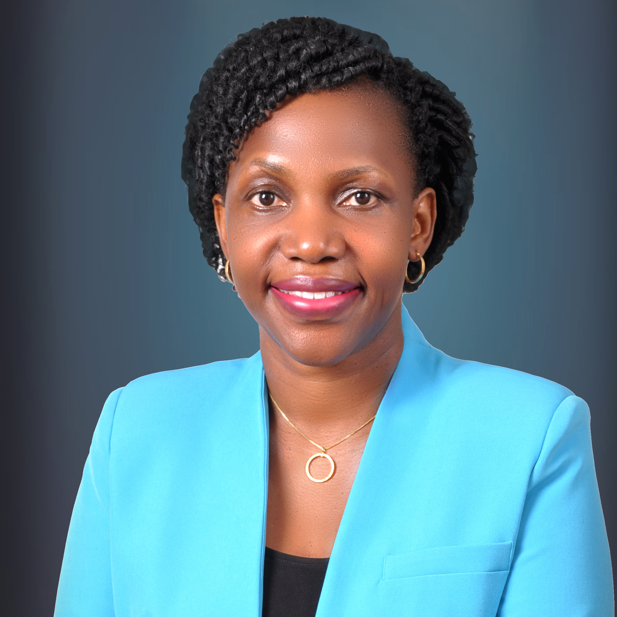
Salima Namusobya, Vice President, Africa
Event details:
-
In-person: UN Headquarters, CR-12
English, French, and Spanish interpretations will be provided.
-
Online: UNWeb TV
Pathways to Change: Celebrating Stories of Hope and Inspiration on Sexual and Reproductive Health and Rights
March 12, 8:30 a.m. – 9:45 a.m. ET
This breakfast reception hosted by the Permanent Mission of Ireland, the Permanent Mission of Nepal and the Center for Reproductive Rights will celebrate the launch of Pathways to Change, a new publication capturing important learning and reflection from advancements on sexual and reproductive health and rights across the world.
Eliminating Gender-Based Inequities in Healthcare to Achieve Gender Equality
March 12, 2:00 p.m. – 3:30 p.m. ET • Venue: NYU Langone Health, 222 East 41st Street (second floor), Seminar Room A, or online
This panel—sponsored by NYU Langone Health and the Medical Women’s International Association, International Health Awareness Network, and American Medical Women’s Association—will discuss topics including violence against women, access to reproductive health care, and sex- and gender-based differences in disease.
Speakers:
-
Eleanor Nwadinobi, President, MWIA, Nigeria
-
Mariam Jashi, Secretary General, MWIA, Georgia
-
Ashna Basu, NGO CSW/NY Global Youth Fellow, Australia
-
Salima Namusobya, Vice President for Africa, Center for Reproductive Rights, Kenya
-
Gabrielle Casper, Professor, University Notre Dame; President, IHAN, Australia
-
Eliza Chin, Executive Director, AMWA, United States
-
Banafcheh Hejazi, Professor, McGill University, Canada
-
Connie Newman, Vice President, MWIA, United States
-
Fay Parris, International Human Rights Committee, Women’s Bar Association, NY, United States
-
Sorosh Roshan, Founder, IHAN, United States
Event details:
-
In-person: NYU Langone Health, 222 East 41st Street (second floor), Seminar Room A
-
Online: Zoom
Meeting ID: 915 8245 1399; Passcode: 703106
Honoring International Women’s Day
International Women’s Day, March 8, celebrates the social, economic, cultural, and political achievements of women across the globe.
On this day and every day, the Center works to improve lives across the globe so everyone can participate as equal members of society. Learn more.
Wednesday, March 20
Consultation with the UN Special Rapporteur on Toxics and Human Rights
March 20, 12:00 p.m. – 2:00 p.m. ET • Venue: UNICEF Headquarters, 3 United Nations Plaza, Lobby Meeting Room ‘Danny Kaye’
At this event, members from major groups and other stakeholders at CSW are invited to provide thoughts and guidance for the Special Rapporteur’s 2024 thematic report on the intersections of toxics and gender, to be presented to the UN General Assembly later this year. This event is organized by the Center for Reproductive Rights, UNICEF, and Human Rights Watch.
Speakers:
-
Marcos A. Orellana, UN Special Rapporteur, who will provide introductory remarks and seek input from participants.
-
Alejandra Coll (shown right), Senior Advocacy Adviser, Latin America & the Caribbean, Center for Reproductive Rights, who will open the consultations with insights from research in Colombia on reproductive harms from the herbicide glyphosate.

Alejandra Coll, Senior Advocacy Adviser, Latin America & the Caribbean
Center Resources
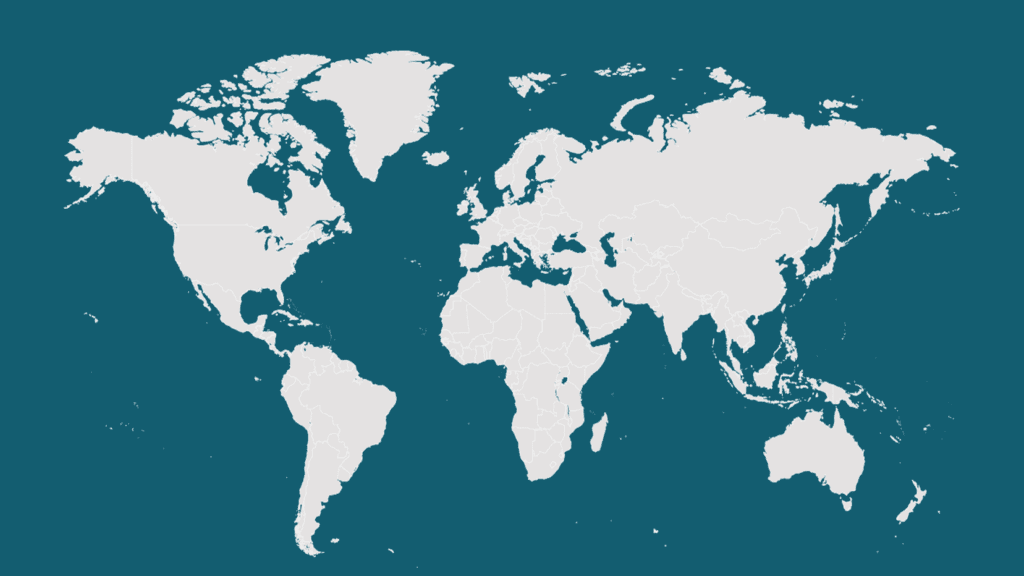
The definitive record of the legal status of abortion in countries across the globe, the World’s Abortion Laws Map has been upgraded with improved interactivity and more context on the decades of progress made on abortion rights worldwide.
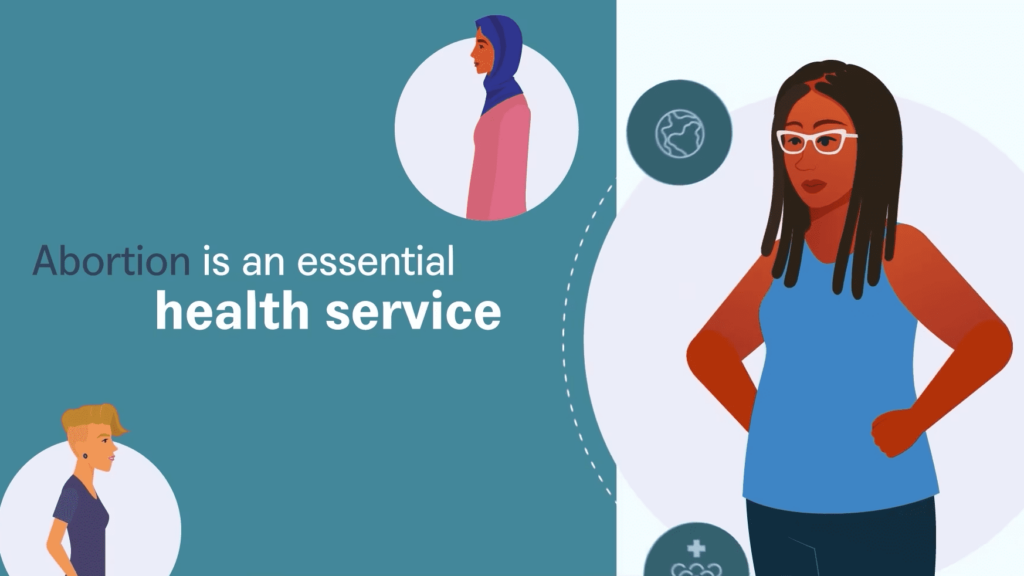
Watch a brief video and read in-depth analysis of the legal and public health issues surrounding abortion decriminalization.
Report: Global Abortion Trends
A supplement to the World’s Abortion Laws Map, this report outlines trends in the liberalization of abortion laws over the last 30 years. You’ll see the 60+ countries that have liberalized their abortion laws since 1994—as well as the four countries, including the U.S., that have regressed.
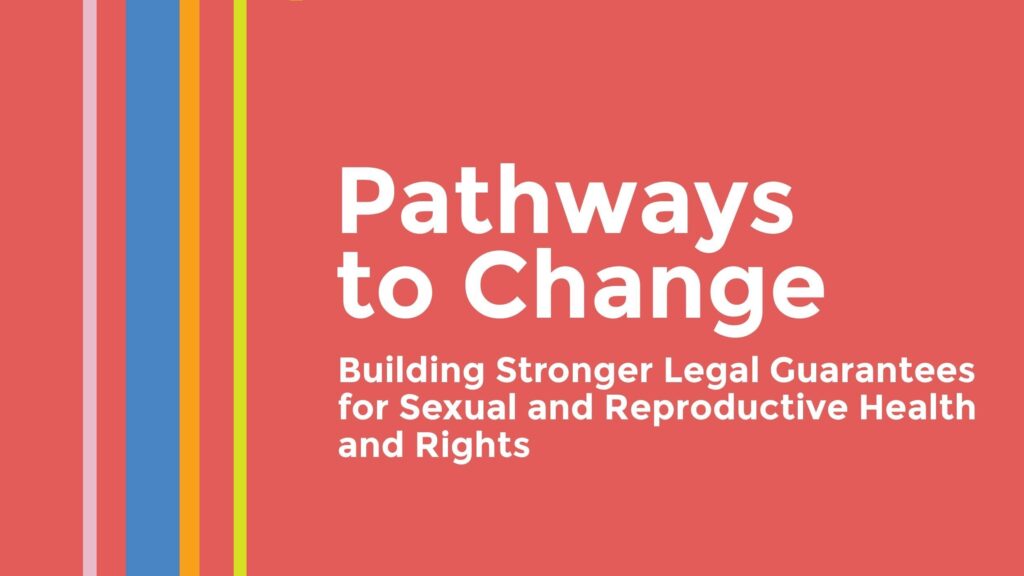
Pathways to Change: Building Stronger Legal Guarantees for Sexual and Reproductive Health and Rights
Designed for activists and organizations working on sexual and reproductive health and rights (SRHR) issues, Pathways to Change presents the stories and strategies that have advanced SRHR in countries around the world.

